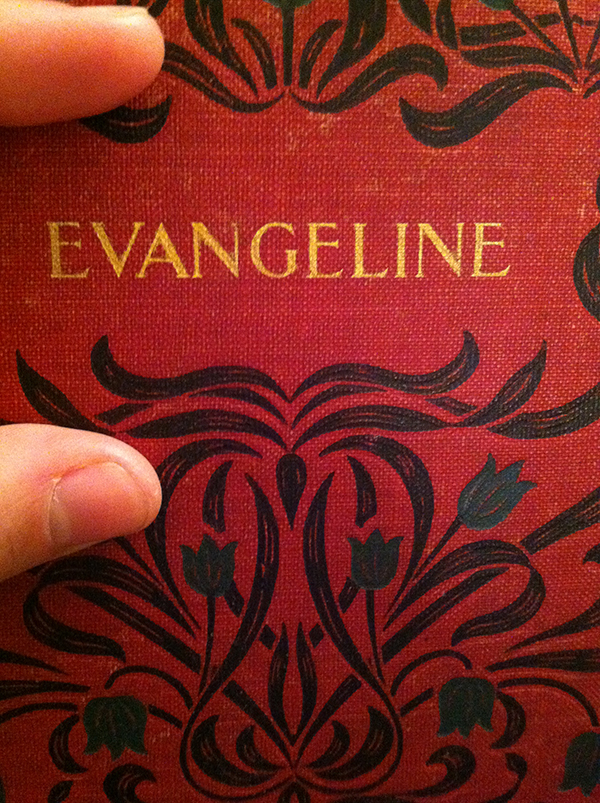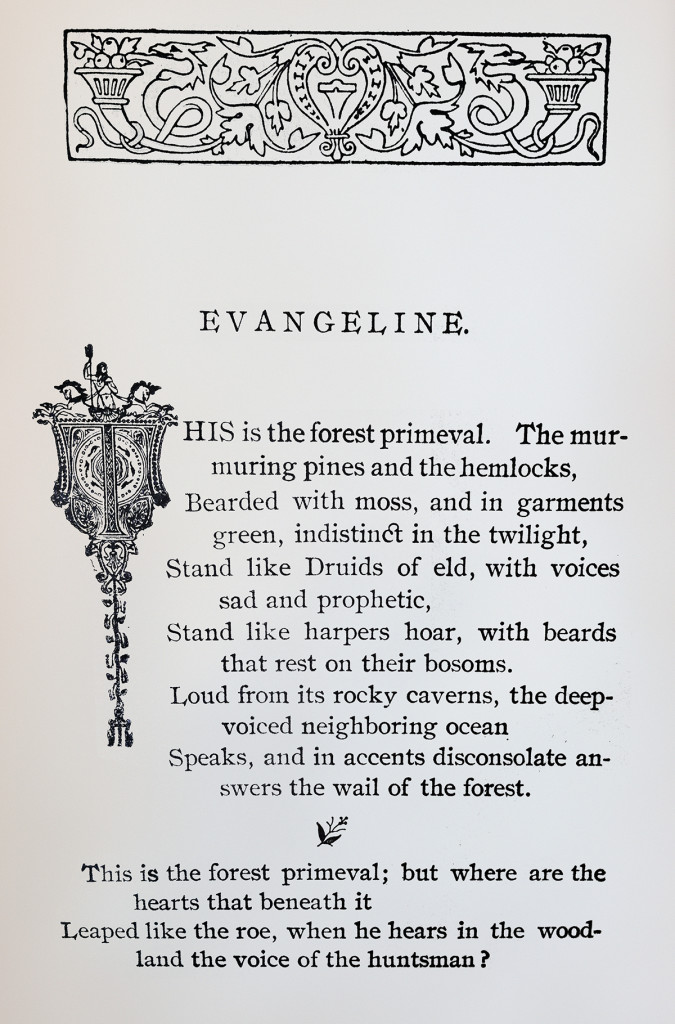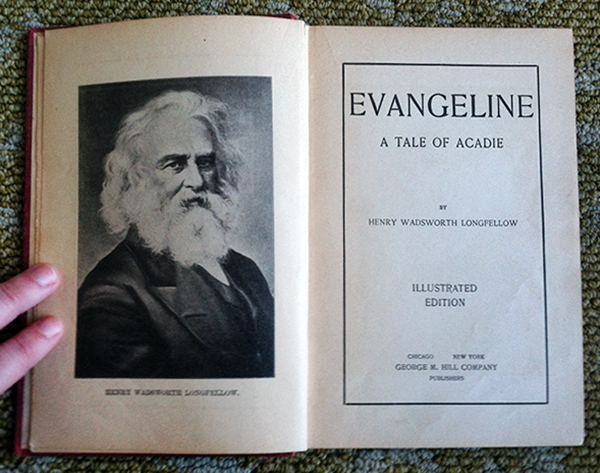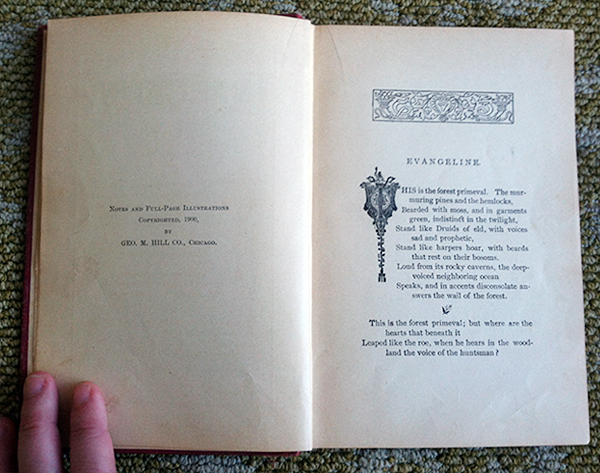Vocabulary
I used to love words,
but not looking them up.
Now I love both,
the knowing,
and the looking up,
the absurdity
of discovering that “boreal”
has been meaning
“northern” all this time
or that “estrus”
is a much better word
for the times when
I would most likely
have said, “in heat.”
When I was translating,
the dictionary
was my enemy,
the repository of knowledge
that I seemed incapable
of retaining. The foreign word
for “inflatable” simply
would not stay in my head,
though the English word “deictic,”
after just one encounter,
has stuck with me for a year.
I once lost “desiccated”
for a decade, first encountered
in an unkind portrayal
of Ronald Reagan, and then
finally returned to me
in an article about cheese.
I fell in love with my husband,
not when he told me
what the word “apercus” means,
but when I looked it up,
and he was right.
There’s even a word
for when you use a word
not to mean its meaning,
but as the word itself,
and I’d tell you what it was
if I could remember it.
My friend reads the dictionary
for its perspective on culture,
laughs when I say that
reference books are not really
books, but proleptic databases.
My third grade teacher
used to joke that if we were bored
we could copy pages out of the dictionary,
but when I did, also a joke,
she was horrified rather than amused.
Discovery is always tinged
with sorrow, the knowledge
that you have been living
without something,
so we try to make learning
the province of the young,
who have less time to regret
having lived in ignorance.
My students are lost
in dictionaries,
unable to figure out why
“categorize” means
“to put into categories”
or why the fifth definition
of “standard” is the one
that will make the sentence
in question make sense.
I wonder how anyone
can live without knowing
the word “wonder.”
A famous author
once said in an interview,
that he ended his novel
with an obscure word
he was sure his reader
would not know
because he liked the idea
of the reader looking it up.
He wanted the reader,
upon closing his book, to open
another, that second book
being a dictionary,
and however much I may have loved
that author, after reading
that story
(and this may surprise you)
I loved him less.




